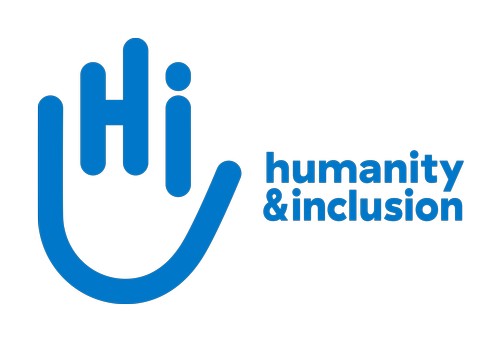MIW au comité CEDEF, 22 février 2023 !
Les femmes et les filles handicapées continuent de passer à travers les mailles du filet des lois, des politiques et des pratiques. L'intersectionnalité est au centre des conversations, et bien qu'elles soient confrontées à des discriminations multiples et intersectionnelles, les femmes handicapées sont ignorées dans les efforts liés au genre et dans les politiques liées au handicap.
Par le biais de contributions écrites, les femmes leaders ont partagé la dure réalité de leur manque de représentation politique : dans ces 6 pays, seules 5 femmes handicapées au total siègent au Parlement. Elles révèlent que la discrimination intersectionnelle commence dès la naissance, les jeunes filles handicapées intellectuelles se voyant refuser le droit d'être légalement enregistrées, et les obstacles considérables à l'accès à l'éducation. Les femmes handicapées peinent à trouver un emploi ou à bénéficier des programmes d'entreprenariat pour les femmes, et elles sont privées d'accès aux programmes d'émancipation économique et sociale.
Dans un monde où règnent le validisme et le patriarcat, les organisations de femmes handicapées doivent être systématiquement impliquées dans les systèmes de prise de décision et les processus politiques. Cela garantira que les femmes handicapées sont représentées sans stigmatisation et qu'elles s'éloignent des modèles de charité.
Dans la déclaration orale, nous plaidons pour l'application de mesures temporaires, y compris des quotas électoraux ciblés sur les femmes handicapées, combinées à des mesures visant à garantir que les élections sont accessibles à toutes les femmes, en tant qu'électrices et en tant que candidates.
Nous demandons instamment à la commission de pousser toutes les parties prenantes à s'engager davantage dans une approche intersectionnelle des données.
Citons ONU Femmes : « Les données ne sont pas suffisamment désagrégées pour refléter le principe de l'objectif de développement durable “ne laisser personne de côté”. Si le « handicap » n'est pas articulé plus systématiquement avec des facteurs croisés tels que le genre et l'âge, nous ne parviendrons pas à identifier et à résoudre les problèmes qui empêchent une représentation inclusive et significative des femmes dans leurs diversités à travers les systèmes de prise de décision.
Félicitations aux organisations qui ont contribué à cette soumission :
- ABPDFH-URUMURI Association burundaise pour la promotion des droits des femmes handicapées, Burundi
- CAVP Community Association for Vulnerable Persons, Cameroon
- CBCHS Cameroon Baptist Convention Health Services, Cameroon
- Community Resource Centre for Disabled and Disadvantaged, Cameroon
- COVAW Coalition on Violence Against Women, Kenya
- CUAPWD Coordinating Unit of Associations of Persons with Disabilities, Cameroon
- HI-MIW Humanity&Inclusion, the Making It Work Gender and Disability project (lead)
- IFA Inclusive Friends Association, Nigeria
- KEDEADO Kenya Female Advisory Organization, Kenya
- LIDDWA Lira District Disabled Women’s Association, Uganda
- MUDIWA Mubende Women With Disabilities Association, Uganda
- NUWODU National Union of Women with Disabilities of Uganda
- PEARL-Foundation Protection, Economic Empowerment, Advocacy, Rehabilitation and Livelihood opportunities for Vulnerable Children and their Families, Cameroon
- UNABU Umuryango Nyarwanda w’Abagore Bafite Ubumuga / Rwandan Organization of Women with disabilities, Rwanda
- WCC Women Challenged to Challenge, Kenya
Copyright © 2026. Tous droits réservés.
